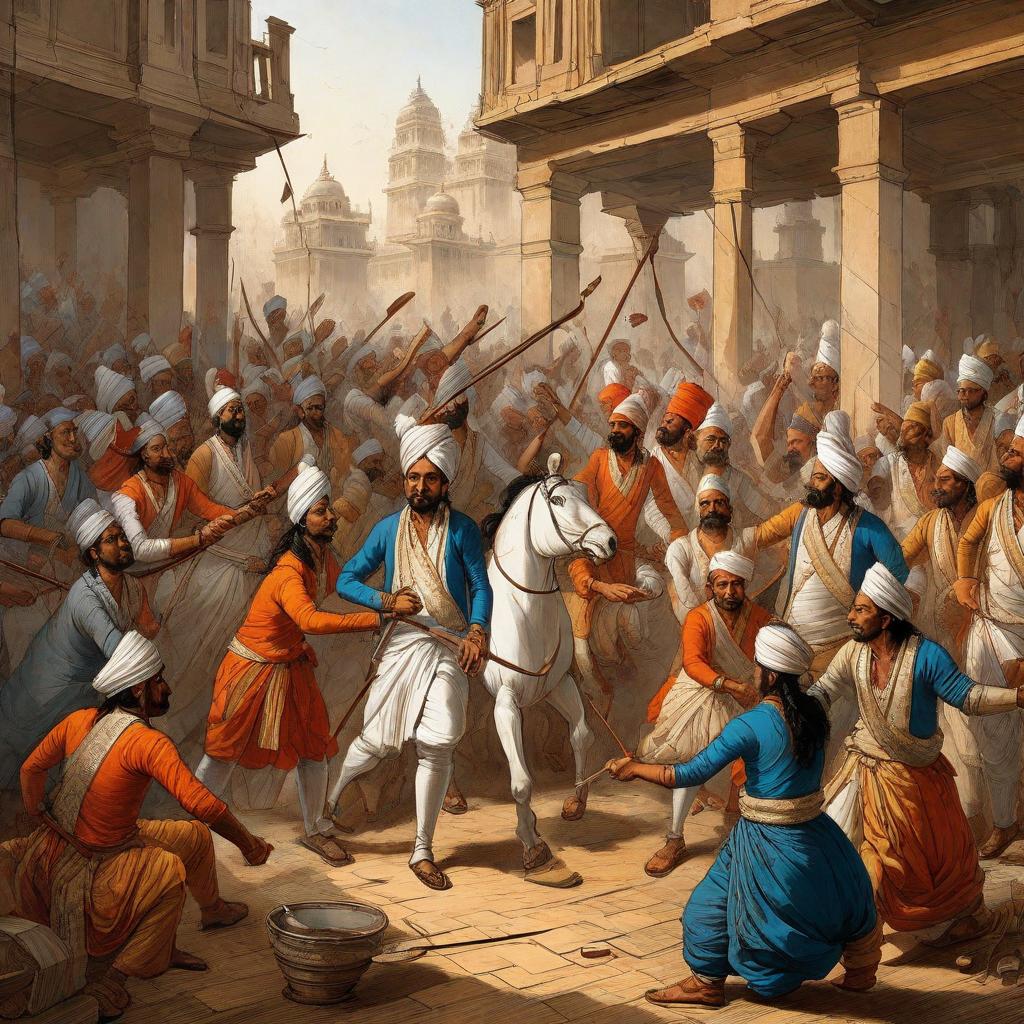Hello friends welcome to Sonu live ,in this article I’m going to tell you about Examine the justifications for democracy
Why Democracy? Examining the Justifications
Understanding the Foundations of Democracy
Democracy, characterized by popular rule and citizen participation, is not merely a system of government but an idea steeped in centuries of debate. Let’s explore the core arguments that justify democracy as the preferred form of governance.
Equality and Consent
At the heart of democracy lies the principle of equality. Citizens, viewed as equals, possess the right to participate in shaping the rules governing them. Democracy, through mechanisms like voting and representation, translates this principle into practice. Thinkers like John Locke championed the idea that legitimate government arises from the consent of the governed.
Legitimacy and Accountability
Democratic systems derive legitimacy from the active participation of the people. Elected leaders are held accountable through regular elections, ensuring that policies reflect the will of the populace. This accountability mechanism discourages tyranny and promotes self-correction within the system.
Aggregation of Preferences
In diverse societies, democracy offers a method for aggregating individual preferences into collective decisions. Through voting and debate, democracy facilitates the finding of common ground and the formulation of policies that represent the majority’s will, fostering a sense of collective ownership.
Liberty and Individual Rights
Democracy is often viewed as a safeguard for individual liberty. Citizens have a voice in shaping laws and enjoy fundamental rights such as freedom of speech and assembly. These protections shield individuals from excessive government intrusion, empowering them to pursue their aspirations freely.
Learning and Progress
Democracy cultivates an environment conducive to open discussion and debate. Competing ideas are examined, allowing the best policies to emerge through trial and error. This iterative process enables democracies to adapt, learn from past errors, and continually evolve.
Addressing Criticisms
Despite its strengths, democracy faces critiques that warrant consideration.
Tyranny of the Majority: Critics highlight the potential for majority rule to suppress minority rights. Safeguards like constitutional protections and proportional representation mitigate this risk.
Participation and Competence: Concerns about citizen knowledge and engagement are countering by the role of education and a free press in empowering informed decision-making and fostering civic engagement.
Efficiency and Expertise: While democracies may face challenges of efficiency, representative systems and expert advice help navigate complex issues while maintaining popular control.
Conclusion
The justifications for democracy are multifaceted, encompassing principles of equality, legitimacy, liberty, and progress. Despite challenges such as the tyranny of the majority and concerns about citizen competence, the ongoing task is to refine and strengthen democratic institutions, ensuring they remain the most effective means of governing societies.
Read More-https://sonulive.in/write-a-note-on-contemporary-political-theory/

